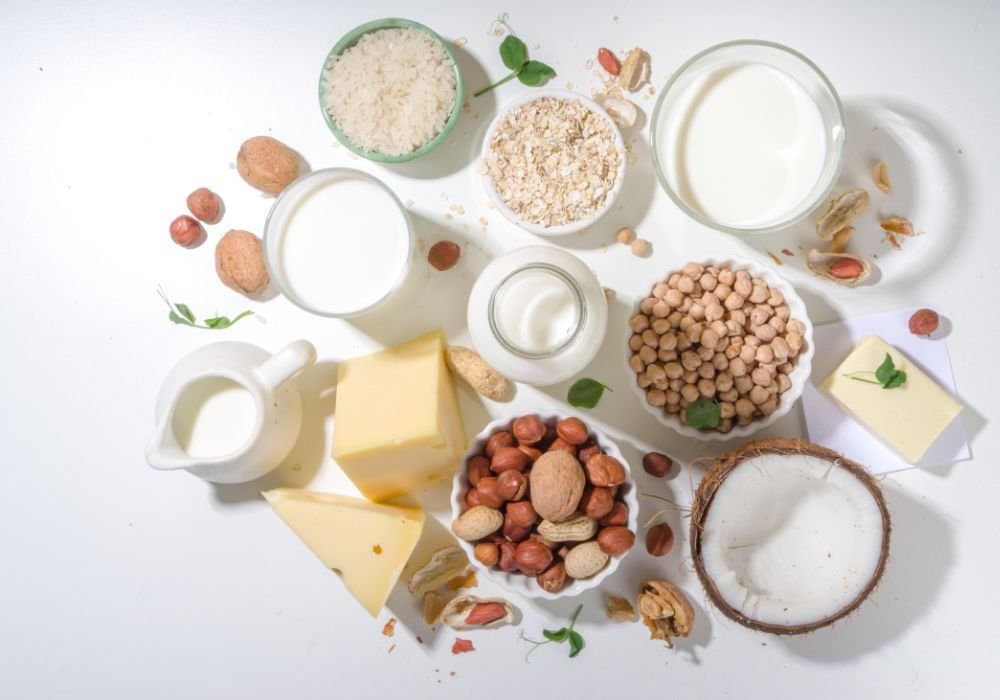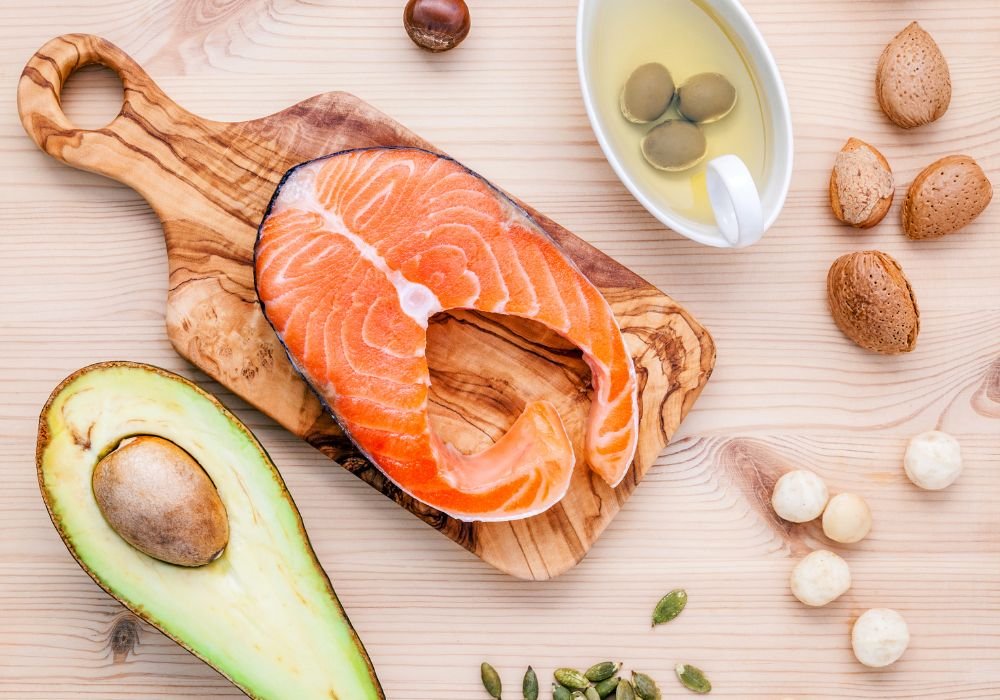Top 10 Power-Packed Breakfasts for Your Pup
Ensuring your dog starts the day with a nutritious breakfast is essential for their health and energy. Dogs, like humans, benefit from a balanced morning meal that fuels their daily activities. Let us find 10 power-packed breakfast options that combine taste and nutrition to keep your pup energetic and healthy.
Top 10 Power-Packed Breakfasts for Your Pup
1. Protein-Rich Egg Delights
Eggs stand as a fantastic protein source for dogs, providing essential amino acids crucial for muscle development and repair. A perfectly scrambled egg with steamed spinach creates a nutrient-dense breakfast that supports your dog's overall health. The combination delivers iron, vitamins, and minerals in an easily digestible form.
When preparing eggs for your pup, avoid seasonings and cook them thoroughly. You can serve them scrambled, boiled, or as part of a veggie omelet, ensuring the ingredients are dog-safe. This versatile breakfast option works well for dogs of all sizes and ages.
2. Wholesome Oatmeal Combinations
Oatmeal serves as an excellent breakfast choice, especially for dogs with sensitive stomachs. This fiber-rich meal provides sustained energy throughout the morning. Adding a spoonful of unsalted peanut butter transforms it into a protein-packed treat that dogs absolutely adore.
Remember to prepare the oatmeal with water or dog-safe milk alternatives, avoiding sugar and artificial sweeteners. The fiber content supports healthy digestion, while the complex carbohydrates provide steady energy release.
3. Dairy-Based Morning Bowls
Cottage cheese paired with fresh blueberries creates a calcium-rich breakfast that supports bone health while delivering antioxidant benefits. This combination offers a perfect balance of protein, healthy fats, and essential nutrients.

For added variety, you can incorporate plain, unsweetened yogurt into your dog's breakfast routine. The probiotics in yogurt support gut health, while the protein content helps maintain muscle mass.
4. Root Vegetable Specialties
Sweet potato mash represents an excellent source of vitamins and dietary fiber. This versatile ingredient can be served alone or combined with lean protein sources like chicken. The natural sweetness appeals to most dogs, making it an easy addition to their breakfast menu.
5. Seasonal Pumpkin Treats
Pumpkin and yogurt bowls offer a digestive-friendly breakfast option. The fiber in pumpkin aids digestion, while yogurt provides beneficial probiotics. This combination helps maintain gut health and provides essential nutrients for your dog's well-being.
6. Protein-Packed Grain Bowls
Quinoa mixed with lean turkey creates a complete protein source that is gentle on your dog's stomach. This combination provides all essential amino acids while being easily digestible. The mild flavor profile makes it suitable for even picky eaters.
7. Omega-Rich Fish Options
Sardines served with a small portion of whole grain toast deliver essential omega-3 fatty acids that support coat health and reduce inflammation. This breakfast choice particularly benefits dogs with skin sensitivities or joint issues.

8. Natural Energy Boosters
Banana and oat pancakes provide a perfect energy source for active dogs. These dog-friendly pancakes combine easily digestible carbohydrates with potassium and fiber, supporting sustained energy throughout the morning.
9. Classic Comfort Combinations
The time-tested combination of chicken and rice offers a gentle yet nutritious breakfast option. Using brown rice increases the fiber content while maintaining digestibility. This meal works particularly well for dogs with sensitive stomachs.
10. Veggie-Forward Options
A carefully prepared vegetable omelet provides a nutrient-rich start to your dog's day. Include dog-safe vegetables like bell peppers and zucchini while avoiding harmful ingredients such as onions and garlic.
How Much Should Puppies Eat Compared to Adult Dogs?
Puppies under 6 months require more frequent meals, specifically four times per day, to support their rapid growth and development. As they mature past 6 months, they can transition to twice-daily feedings. Adult dogs generally do well with two meals per day, with breakfast being slightly smaller than dinner portions.
Why Are Feeding Schedules Important for Dogs?
Dogs thrive on routine, particularly when it comes to mealtimes. Establishing consistent breakfast times helps regulate their digestion and prevents issues like empty stomach vomiting. Many veterinarians recommend serving breakfast in the morning and dinner in the evening to maintain optimal energy levels throughout the day.
What Makes Human-Grade Foods Safe for Dogs?
When preparing human-grade foods for dogs, it is crucial to ensure proper temperature and preparation. For instance, when serving oatmeal with frozen blueberries, the temperature should be lukewarm to prevent burning.
Additionally, eggs should always be fully cooked, and any bones served should be raw with visible fat removed.
Frequently Asked Questions
What proteins are safest for dogs?
Eggs, chicken, turkey, and fish provide excellent protein sources. Always serve them fully cooked and unseasoned.
Can dogs have fruit with breakfast?
Many fruits are safe and nutritious for dogs, including blueberries, bananas, and seedless apples. Avoid grapes and raisins as they're toxic.
How much breakfast should I feed my dog?
Most dogs thrive on two daily meals. Breakfast portions should typically be smaller than dinner servings.
What foods should never be in dog breakfasts?
Avoid chocolate, onions, garlic, and xylitol-containing products. These ingredients can be harmful to dogs.
Conclusion
Creating nutritious breakfasts for your dog does not have to be complicated. By incorporating these power-packed options into your pup's morning routine, you will provide them with the energy and nutrients they need for a healthy, active day. Always introduce new foods gradually and consult your veterinarian about specific dietary needs.







